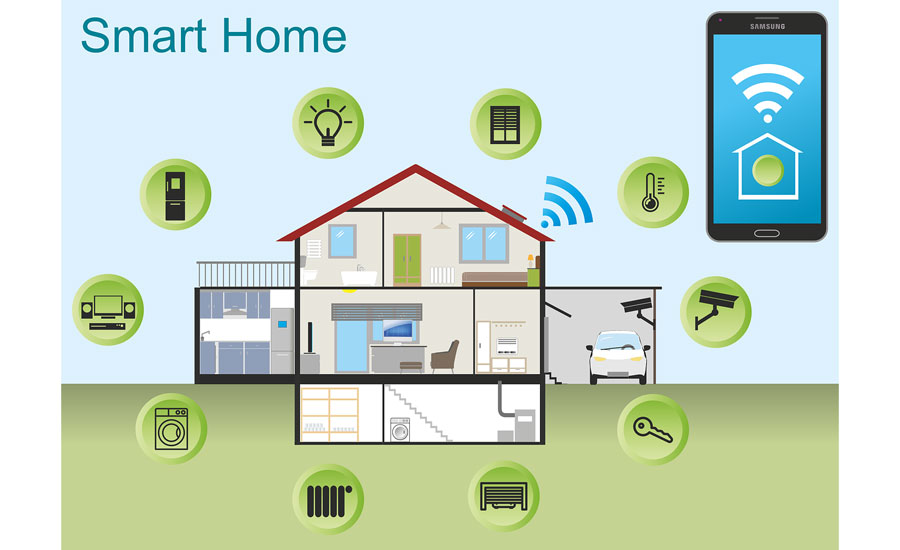The Future Of Home Home Heating - Exactly How Heat Pump Modern Technology Is Advancing
The Future Of Home Home Heating - Exactly How Heat Pump Modern Technology Is Advancing
Blog Article
Write-Up By-Dugan McCormick
Heat pumps will certainly be an important innovation for decarbonising home heating. In residential heat pump with federal governments' announced energy and climate dedications, their international ability increases by 2030, while their share in heating rises to one-quarter.
They function best in well-insulated homes and rely on power, which can be provided from a renewable power grid. https://charlieaaigh.snack-blog.com/29259634/demystifying-the-expense-of-installing-and-maintaining-a-heatpump are making them more efficient, smarter and less expensive.
ducted heat pump nz use a compressor, refrigerant, coils and fans to move the air and warmth in homes and home appliances. They can be powered by solar power or electrical power from the grid. They have actually been gaining appeal because of their affordable, silent operation and the capacity to create power throughout peak power need.
Some business, like IdaTech and BG MicroGen, are dealing with gas cells for home heating. These microgenerators can replace a gas boiler and create some of a home's electric demands with a connection to the electricity grid for the rest.
Yet there are reasons to be skeptical of using hydrogen for home heating, Rosenow claims. https://residentialwindowcleaning62739.buyoutblog.com/29370110/debunking-the-price-of-setting-up-and-preserving-a-heat-pump would be pricey and inefficient contrasted to other innovations, and it would certainly add to carbon exhausts.
Smart and Connected Technologies
Smart home innovation permits homeowners to attach and control their gadgets remotely with making use of mobile phone applications. For example, wise thermostats can learn your heating choices and automatically get used to enhance energy usage. Smart lights systems can be controlled with voice commands and automatically switch off lights when you leave the area, lowering power waste. And clever plugs can keep track of and manage your electric usage, permitting you to recognize and restrict energy-hungry appliances.
The tech-savvy home shown in Carina's meeting is a good illustration of just how occupants reconfigure area heating techniques in the light of new clever home innovations. They rely upon the devices' automatic attributes to execute everyday modifications and concern them as a convenient methods of performing their home heating practices. As such, they see no reason to adjust their techniques further in order to allow adaptability in their home power demand, and treatments targeting at doing so might deal with resistance from these houses.
Electricity
Because heating up homes represent 13% of US exhausts, a button to cleaner options can make a big difference. However the innovation deals with challenges: It's costly and needs extensive home renovations. And it's not always suitable with renewable energy sources, such as solar and wind.
Till just recently, electric heatpump were too expensive to compete with gas versions in many markets. Yet new advancements in style and materials are making them more budget-friendly. And better cool climate efficiency is enabling them to operate well also in subzero temperatures.
The next action in decarbonising home heating might be the use of warm networks, which draw warmth from a central resource, such as a neighboring river or sea inlet, and distribute it to a network of homes or structures. That would certainly lower carbon discharges and allow households to take advantage of renewable energy, such as green power from a grid provided by renewables. This choice would be less costly than switching to hydrogen, a nonrenewable fuel source that needs brand-new framework and would just reduce carbon dioxide exhausts by 5 percent if paired with improved home insulation.
Renewable Energy
As electrical energy rates go down, we're beginning to see the same pattern in home heating that has driven electric cars and trucks right into the mainstream-- but at an even quicker pace. The strong environment instance for impressive homes has actually been pressed better by brand-new study.
Renewables account for a substantial share of modern-day warmth consumption, but have been given minimal policy attention worldwide contrasted to various other end-use industries-- and also much less focus than electrical power has. Partially, this shows a mix of customer inertia, divided motivations and, in many countries, aids for fossil fuels.
New innovations might make the shift easier. For example, heat pumps can be made a lot more energy reliable by changing old R-22 refrigerants with brand-new ones that don't have the high GWPs of their precursors. Some experts additionally picture area systems that draw warmth from a nearby river or sea inlet, like a Norwegian fjord. The cozy water can then be used for heating & cooling in a neighborhood.